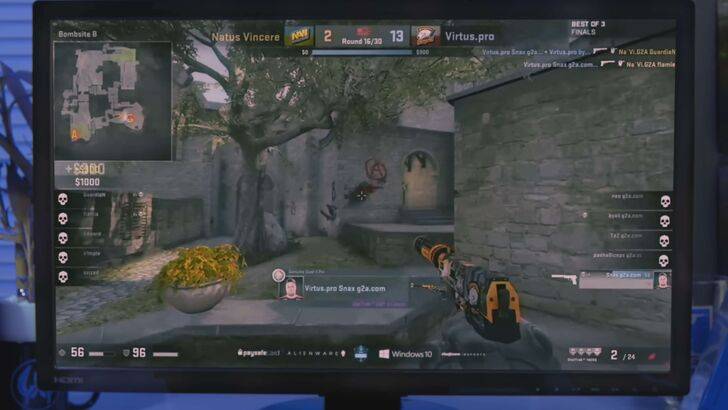PS5, Switch Game Dev Takes a Back Seat as 80% of Devs Focus on PC
The 2025 Game Developers Conference (GDC) State of the Game Industry report highlights significant trends shaping the gaming landscape. A key finding reveals that a substantial 80% of game developers are prioritizing PC as their primary development platform, marking a 14% increase from the previous year's 66%.

PC Dominance and the Steam Deck Factor
The report, an annual survey of global game developers, indicates that PC's dominance is growing. While the exact reasons remain unclear, the report suggests the rising popularity of Valve's Steam Deck may be a contributing factor. Although not a selectable platform option in the survey, 44% of respondents who selected "Other" specified the Steam Deck as a platform of interest.

This trend builds upon previous years, with PC's share increasing from 56% in 2020 to 66% in 2024. While the emergence of user-generated content (UGC) platforms like Roblox and Minecraft, and the anticipated release of the Switch 2, present potential challenges, PC's position remains firmly entrenched.

Live Service Games: A Mixed Bag
The report also sheds light on the prevalence of live-service games within the AAA development sphere. A significant one-third (33%) of AAA developers are currently working on live-service titles. Across all respondents, 16% are actively developing live-service games, with another 13% expressing interest. Conversely, 41% showed no interest, citing concerns such as declining player engagement, creative limitations, potentially exploitative practices, and developer burnout.

GDC emphasizes the issue of market saturation within the live-service sector, highlighting Ubisoft's recent closure of XDefiant as a prime example of the challenges in maintaining sustainable player bases.
Geographic Representation Concerns
A subsequent report by PC Gamer highlighted a notable underrepresentation of non-Western developers in the GDC survey. Nearly 70% of respondents hailed from Western countries (US, UK, Canada, Australia), with significant absences from regions like China and Japan. This raises concerns about potential biases in the report's findings and their overall applicability to the global game development landscape.

Latest Articles

![1xBet [Updated]](https://imgs.yx260.com/uploads/76/1719623227667f5e3be7616.jpg)





























